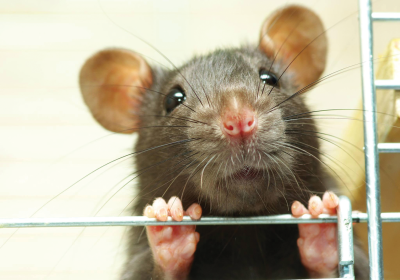Washington: Unlike other Covid-19 vaccines, scientists have developed a nasal vaccine that targets the novel Coronavirus, and it can be given in one dose via the nose and has been found to be effective in preventing infection in mice susceptible to the virus.
The researchers found that the nasal delivery route created a strong immune response throughout the body, but it was particularly effective in the nose and respiratory tract, preventing the infection from taking hold in the body.
According to the study, published in the journal Cell, the research team next plan to test the vaccine in non-human primates and humans to see if it is safe and effective in preventing Covid-19 infection.
“We were happily surprised to see a strong immune response in the cells of the inner lining of the nose and upper airway — and profound protection from infection with this virus,” said study senior author Michael S Diamond from the Washington University.
“These mice were well protected from disease. And in some of the mice, we saw evidence of sterilizing immunity, where there is no sign of infection whatsoever after the mouse is challenged with the virus,” Diamond added.
To develop the vaccine, the researchers inserted the virus’ spike protein, which coronavirus uses to invade cells, inside another virus – called an adenovirus – that causes the common cold.
But the scientists tweaked the adenovirus, rendering it unable to cause illness.
The harmless adenovirus carries the spike protein into the nose, enabling the body to mount an immune defence against the SARS-CoV-2 virus without becoming sick.
In another innovation beyond nasal delivery, the new vaccine incorporates two mutations into the spike protein that stabilize it in a specific shape that is most conducive to forming antibodies against it.
The researchers compared this vaccine administered to the mice in two ways — in the nose and through intramuscular injection.
While the injection-induced an immune response that prevented pneumonia, it did not prevent infection in the nose and lungs.
Such a vaccine might reduce the severity of Covid-19, but it would not totally block infection or prevent infected individuals from spreading the virus.
In contrast, the nasal delivery route prevented infection in both the upper and lower respiratory tract — the nose and lungs — suggesting that vaccinated individuals would not spread the virus or develop infections elsewhere in the body.
The researchers said the study is promising but cautioned that the vaccine so far has only been studied in mice.
“In these mouse models, the vaccine is highly protective and we’re looking forward to beginning the next round of studies,” the study authors wrote.
IANS






































